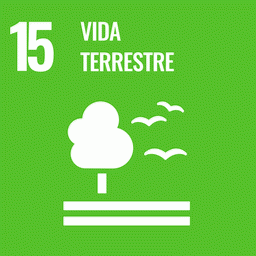Climate change is occurring now in many places in the tropics. Avoiding large future changes will require empowerment of indigenous peoples and traditional communities as land stewards. Further, scientists must work with stakeholders and policymakers to understand what constitutes a climatically dangerous level of deforestation.

